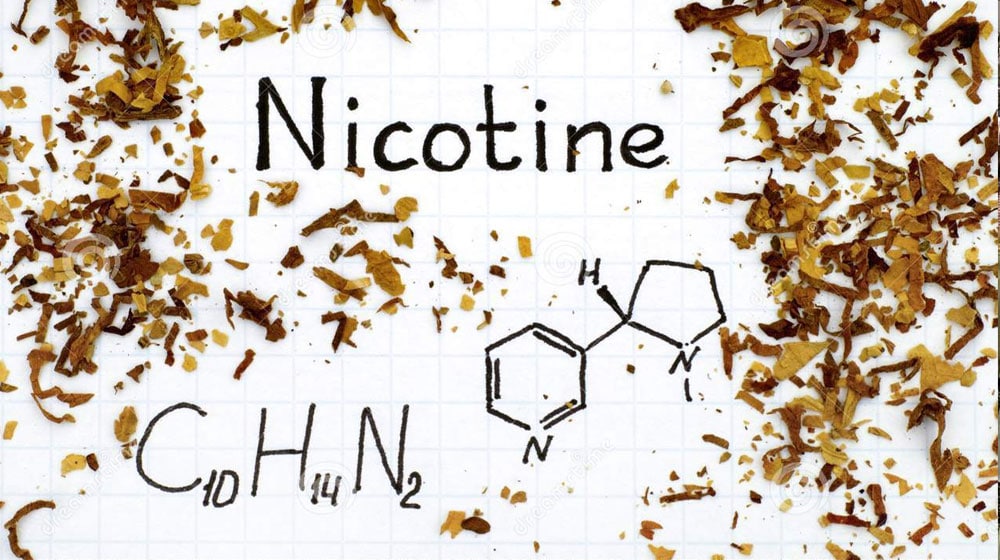
French researchers are all set to test nicotine patches on coronavirus patients after a recent study suggested that smokers might be defying the virus way better than others.
A study presented at a major Paris hotel identified that a substance in tobacco – potentially nicotine – might be stopping the tobacco consumers from contracting the virus. They are now awaiting approval for clinical trials.
A team of researchers questioned 480 coronavirus patients at Pitié-Salpêtrière hospital in Paris. Among those 350 patients were hospitalized while 50 others had mild symptoms and were allowed to go home.
Those in the hospital had a median age of 65 and only 4.4 percent of them were regular smokers. Similarly, among released patients, the median age was 44, and just 5.3 of them smoked.
ALSO READ
Drug Being Used to Treat Coronavirus Patients is Causing More Deaths: Study
The study found that of 11,000 patients in various hospitals in Paris, only 8.5 percent were smokers, against the total number of smokers (24 percent) in the country.
The authors of the report see this as a significant development.
Our cross-sectional study strongly suggests that those who smoke every day are much less likely to develop asymptomatic or severe infection with Sars-CoV-2 compared with the general population.
The findings still need to be verified in clinical trials in which COVID-19 patients, frontline doctors, and paramedics will be given nicotine patches. The trials will commence only after approval from the health authorities.
Despite the results, researchers emphasized that the research was in no way encouraging people to start smoking as it leads to various other fatal health risks.
ALSO READ
Covid-19 Fight: Can Herd Immunity Be A Choice For Poor Countries?
Researchers highlighted that while nicotine might protect them from the virus, smokers who have already contracted the disease be at much more risk. Smokers develop many severe symptoms because their lungs are already severely affected by tobacco.